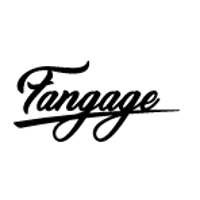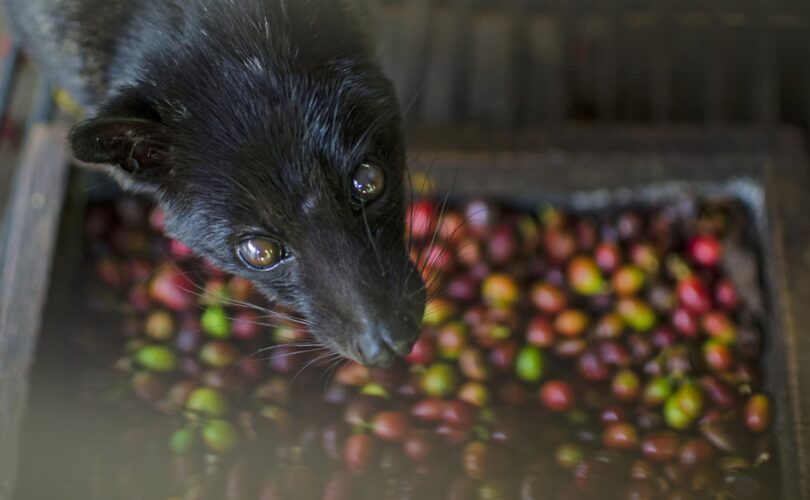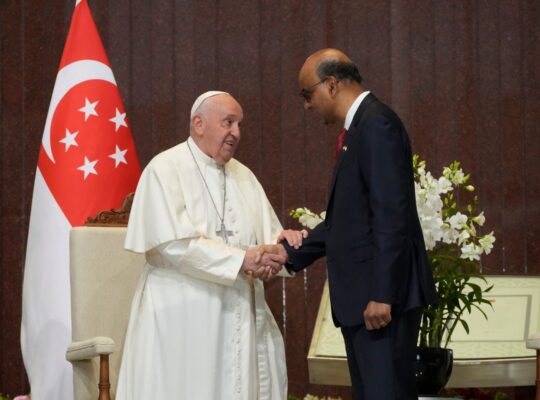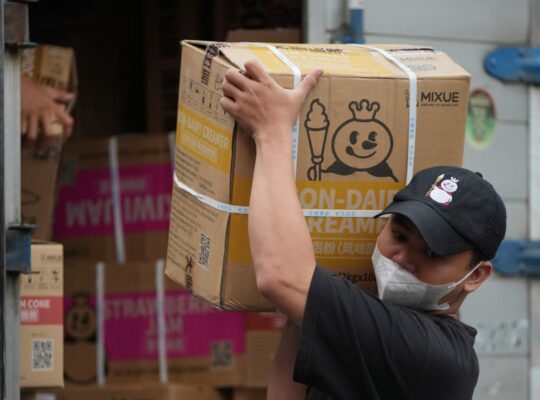Kopi Luwak, also known as civet coffee, is one of the most expensive and sought-after coffees in the world. This unique brew is made from coffee beans that have been eaten, digested, and excreted by civet cats. The beans are collected from the animals’ feces, cleaned, roasted, and brewed into a rich and flavorful coffee.
While civet coffee has gained popularity for its smooth and unique taste, it has also been the subject of controversy due to the inhumane treatment of the civet cats. In recent years, animal rights organization PETA has issued warnings to tourists visiting Bali, Indonesia, where civet coffee is commonly sold.
PETA has raised concerns about the cruel treatment of civet cats in the production of kopi luwak. Many civet coffee farms keep the animals in small, cramped cages, force-feeding them coffee cherries and depriving them of their natural diet and habitat. This inhumane treatment has sparked outrage among animal rights advocates and has led to calls for more ethical and sustainable practices in the production of civet coffee.
In response to these concerns, PETA has urged tourists to boycott civet coffee and instead choose ethically sourced and sustainable coffee options. By supporting responsible and cruelty-free coffee producers, consumers can help protect the welfare of animals and promote a more sustainable and ethical coffee industry.
While civet coffee may be a luxurious and exotic choice for some, it is important to consider the ethical implications of its production. By being informed and conscious consumers, we can make a positive impact on the welfare of animals and support more ethical and sustainable practices in the coffee industry.







